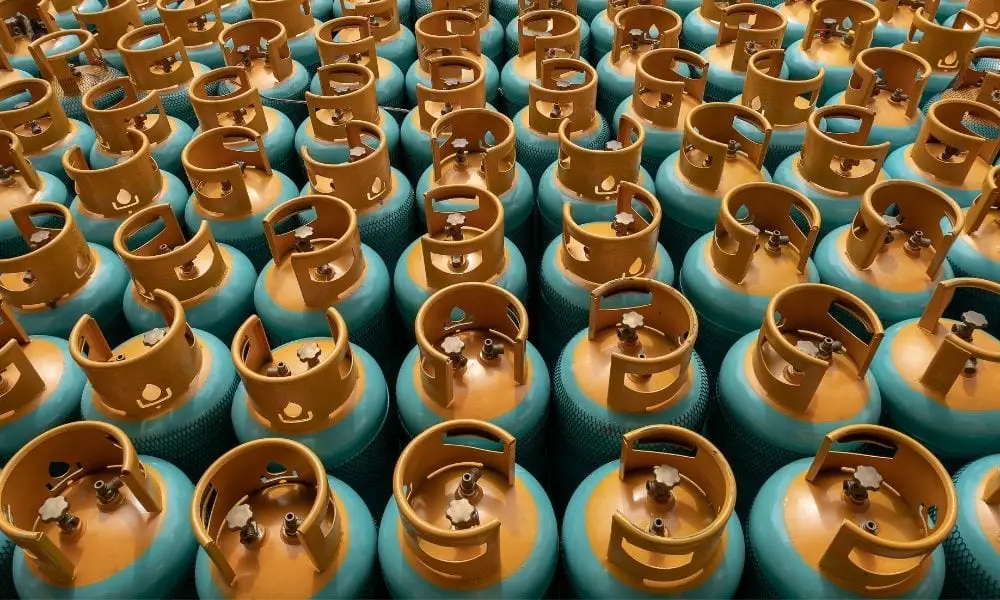

A wide range of fields—the aerospace, environmental, medical, petrochemical, and pharmaceutical industries, for instance—utilize both industrial and specialty gases. You may therefore think you can work with just any gas. However, this isn’t necessarily the case; in fact, to prevent equipment damage and process disruptions, you shouldn’t use industrial gas when the job requires a specialty gas. Therefore, you must understand the various factors that distinguish the two types from one another. To ensure you make the best possible choice for your application, we want to inform you about the differences between industrial and specialty gases.
Facilities strive to produce gases that are free of impurities, but you must know that industrial and specialty gases vastly differ in purity. Industrial gases possess a lower purity, while specialty gases boast higher purity. Impurities won’t necessarily cause harm, but you should know how many impurities you’re working with and whether they’ll affect your application.
Industrial gases are simple—helium, hydrogen, nitrogen, and oxygen are examples of these gases. Specialty gases are more complex; these gases can be one pure gas or multiple gases mixed together. As anyone can imagine, specialty gases demand accuracy because they contain numerous chemicals and are created for specific applications. Thus, specialty gases often take weeks to manufacture, and they go through extensive quality control processes. If you want specialty gases, you must also obtain them through a supplier.
Lastly, facilities package and transport industrial and specialty gases differently. Industrial gases are available in bulk quantities; when manufactured, they’re stored in large quantities in cylinders. These gases are often delivered by tanker trucks or transported via pipeline. Meanwhile, facilities produce small quantities of specialty gases. After all, these high-quality gases aren’t products you can simply buy from a shelf.
Now that you better recognize the differences between industrial and specialty gases, you can select the right gas for your needs.
FAQ
Industrial gases are simple—helium, hydrogen, nitrogen, and oxygen are examples of these gases. Specialty gases are more complex; these gases can be one pure gas or multiple gases mixed together. As anyone can imagine, specialty gases demand accuracy because they contain numerous chemicals and are created for specific applications. Thus, specialty gases often take weeks to manufacture, and they go through extensive quality control processes. If you want specialty gases, you must also obtain them through a supplier.
Additional Resources:
Galaxy
Black Hole
Deep Web
Jupiter
Mars
Saturn
When it comes to maintaining or upgrading a home, roofing is often one of the…
When it comes to maintaining the integrity and value of your property, a sturdy roof…
When it comes to maintaining and enhancing the integrity of any structure, the quality of…
Rhode Island, renowned for its scenic coastlines and historic architecture, presents unique challenges and opportunities…
A sturdy roof is a crucial component of any building, serving as the first line…
When it comes to maintaining and improving homes, the roof is one of the most…